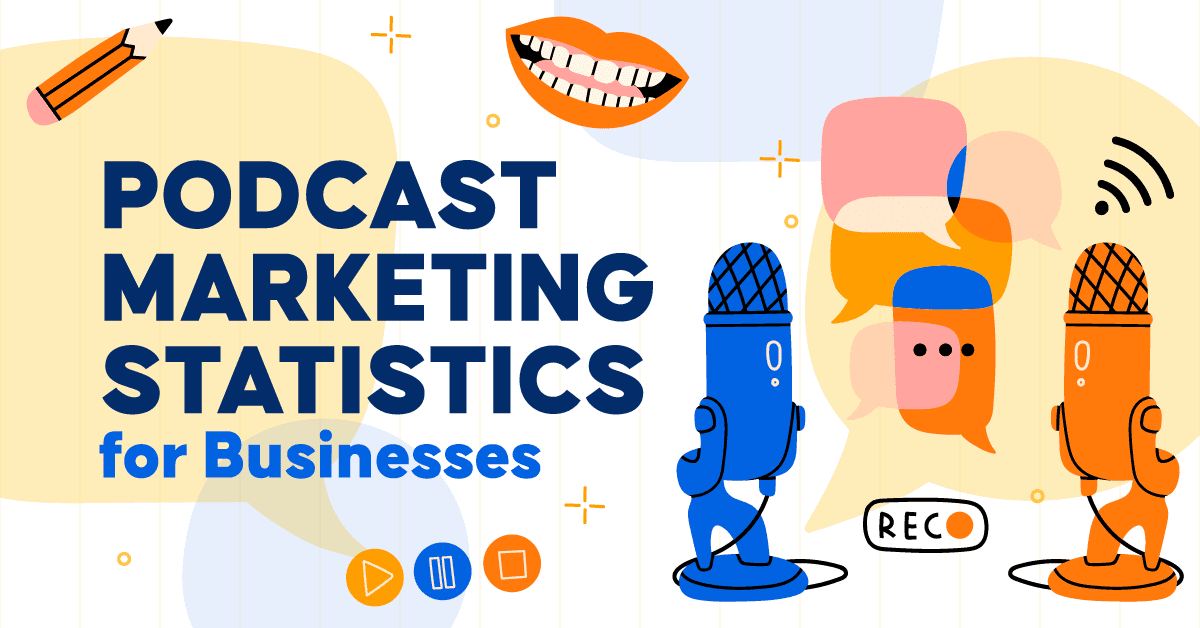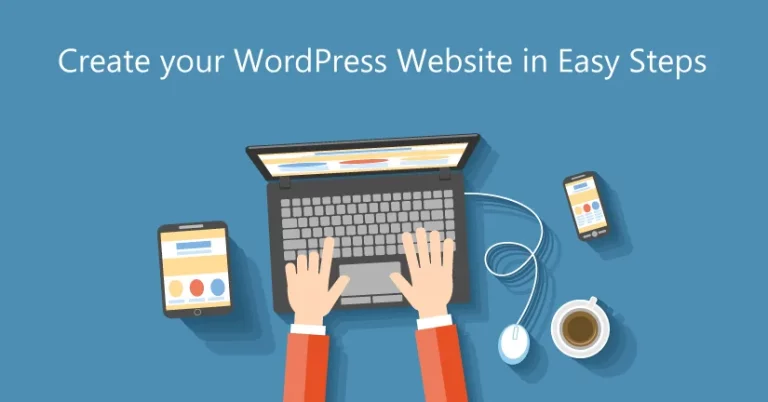Podcast Marketing for Brand Awareness
Introduction
Podcast marketing refers to the utilization of podcasts as a tool for promoting brands, products, or services among particular audiences. It involves the creation of quality, listener-friendly audio content that captivates and educates listeners interested in specific themes or topics. By creating a podcast series, businesses can enhance their visibility and expand their audience reach through brand awareness campaigns. Furthermore, such activities enable companies to nurture strong customer relationships anchored on trust and loyalty by developing a community of engaged listeners capable of advocating for the brand’s message across wider networks. Lastly, with expert insights flowing seamlessly into informative podcast segments, brands could establish themselves also as authoritative thought leaders in their respective sectors.
I. Benefits of podcast marketing for businesses
The business or a third-party host can conduct the podcast, and it can either be produced internally or outsourced to experts. Once created, the podcast can be shared on several popular platforms such as Apple Podcasts, Spotify, Google Podcasts and more that are suitable for the intended audience.
To attract more listeners and expand their reach, businesses can promote their podcasts through a variety of marketing strategies – such as social media, email campaigns, paid ads, and influencer partnerships. Utilizing effective podcast promotion techniques showcases the quality of the content to a wider audience while helping ensure its success.
Podcast marketing can effectively connect businesses with their target audience, enhance brand recognition, and position themselves as industry experts.
By creating high-quality audio content that provides value to the listener, businesses can develop a loyal following of listeners and drive customer engagement and loyalty.
There are several benefits of podcast marketing strategy for businesses, including:
- Enhanced exposure and reach: Podcasts are a well-liked and expanding entertainment and educational medium that can assist companies in reaching a larger audience outside of their conventional marketing channels.
- Increased audience engagement: Podcasts offer a chance to interact with listeners personally by sharing insightful information and knowledge on relevant subjects, building a sense of community and brand loyalty.
- Creating a devoted audience: Podcasts present a special opportunity for businesses to create a devoted audience of listeners who act as brand ambassadors by spreading the word about the company on social media and through word-of-mouth.
- Possibility to position the brand as a thought leader in the industry: By offering insightful analysis and knowledge on pertinent subjects through podcasts, companies may position themselves as thought leaders in the sector, garnering respect and authority in the eyes of their target audience.
- Marketing tactic with a good return on investment: Due to their low equipment and production expenses, podcasts are a comparatively inexpensive marketing tactic.
- Accessibility and a flexible format: Because podcasts can be listened to while on the go, they are a practical and easy way for consumers to interact with companies and their content engagement.
Discussion of the different types of podcasts and how they can be used for marketing purposes.
II. Creating a Podcast Marketing Strategy for Brand Awareness
There are numerous crucial phases involved in developing a podcast marketing plan for brand awareness:
- Identify your target market: Decide who your target audience is and what matters to them. This will assist you in producing material that appeals to your audience and takes into account their interests and problems.
- Pick a structure and a subject: Decide on the podcast’s structure and subject. This program could take the form of an interview, a monologue, or a combination of the two. Pick a theme that fits your brand’s guiding principles and appeals to your target market.
- Create a content strategy: Make a plan for your podcast’s content, including a list of potential episodes, guests, and topics. You can maintain organization and consistency in your content creation by doing this.
- Create high-quality audio content: To ensure that your podcast has professional sound quality, make an investment in high-quality audio gear and editing software. This will support the development of your brand as a reliable and authoritative information source.
- Release and advertise your podcast: Publish your podcast on many websites, including Google Podcasts, Apple Podcasts, and Spotify. Promote your podcast to new listeners by using social media, email marketing, paid advertising, and influencer marketing.
- Analyze and optimize: Analyze and improve Analyze metrics like downloads, listens, and engagement to track your podcast’s performance. Utilize this information to enhance the efficiency of your podcast marketing campaigns by optimizing your content and marketing plans.
Generally speaking, a successful podcast marketing plan for brand recognition is producing high-quality audio material that appeals to your target audience, promoting your podcast through a variety of channels, and regularly evaluating and adjusting your strategy to enhance your outcomes.
III. Best Practices for Successful Podcast Marketing
Businesses may use podcast marketing to interact with their customers, increase engagement, and raise brand exposure. However, it’s crucial to adhere to a few best practices while developing a podcast marketing approach.
First and first, it’s essential to specify who your target market is. You’ll be able to produce material that appeals to your listeners’ needs and interests by doing this. Once you’ve determined who your audience is, create a regular publication schedule to cultivate their trust and loyalty.
It’s crucial to spend money on high-quality audio gear to get a podcast with professional sound. Additionally, improving your podcast’s SEO can help you draw in more listeners and increase its prominence in search results.
Additionally, you may increase your audience and draw in new listeners by promoting your podcast on social media and working with influencers. Through social media, email marketing, and other means, you may interact with your audience and encourage loyalty.
To enhance your content and marketing approach, it’s crucial to track and analyze your podcast’s performance. Your podcast marketing efforts can be made more effective over time by tracking data like downloads, listens, and engagement.
IV. Examples of Successful Podcast Marketing Campaigns
Here are some case studies of businesses that have effectively used podcast marketing for brand awareness:
- Mailchimp: Successful entrepreneurs were interviewed for the “Going Through It” podcast, which covered their struggles and solutions. Mailchimp was able to engage with their target audience and increase brand recognition by sharing motivational tales and offering helpful tips. The podcast was well-received by listeners and aided in making Mailchimp a recognized authority in its field.
- Slack: Slack’s “Work in Progress” podcast featured conversations with business owners and executives discussing their individual and collective trajectories. Slack became more well-known and became recognized as a thought leader in their field because to the podcast. Slack’s brand recognition increased thanks to the podcast, which got favorable audience feedback.
- HubSpot: The “The Growth Show” podcast by HubSpot included conversations with business executives who discussed their growth plans and approaches. HubSpot was able to reach new audiences and increase brand recognition by offering insightful and helpful advice. As a result of the podcast’s favorable listener feedback, HubSpot became known as an industry thought leader.
- Adobe: Discussions on design, user experience, and technology were included in Adobe’s “Wireframe” podcast. The podcast assisted Adobe in connecting with its audience and increasing brand recognition. Adobe became recognized as a thought leader in the field by offering insightful commentary and sound guidance. Listeners gave the podcast favorable feedback, which helped Adobe’s brand recognition grow.
- Patagonia: Stories of adventure and environmental action were featured in the “The Dirtbag Diaries” podcast from Patagonia. Patagonia was able to engage with their audience through the podcast and increase brand recognition. Patagonia became known as a socially conscious company by telling motivational tales and encouraging environmental involvement. The podcast was well-received by listeners and contributed to Patagonia being more well-known.
These case studies show how podcast marketing can be a powerful tool for promoting your brand, connecting with listeners, and eventually bringing in more customers to your platform. You may succeed with podcast marketing by producing material that appeals to your target demographic and aggressively promoting it.
Conclusion
In conclusion, podcast marketing is a strong tool for companies trying to engage with their target audience and raise brand awareness. Increased brand recognition, thought leadership, and the capacity to produce worthwhile material that connects with listeners are all advantages of podcast marketing.
Including podcast marketing in a company’s overall marketing strategy is more crucial than ever as companies fight for customers’ attention in a congested digital marketplace. Businesses may forge a close bond with their audience and foster brand loyalty by offering insightful information and fostering thought leadership.
As a result, we urge all companies to think about include podcast marketing in their entire marketing plan. Podcast marketing may be a highly effective strategy to raise brand recognition and promote business success if done correctly.







